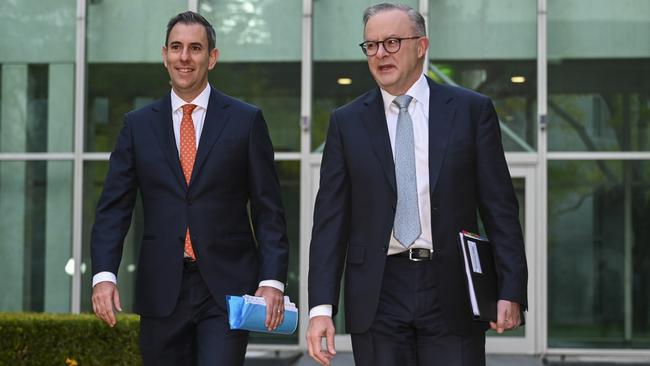
Sure, Anthony Albanese is prioritising things that matter. A referendum on the voice to parliament is one. A revamp in defence is another. But economic reforms have been left on the shelf. Unless the government is planning to go to the next election with a bold agenda, this month’s budget was Labor’s last chance to engage in meaningful economic reforms.
While the Prime Minister may be the only member of the expenditure review committee with an economics degree, it’s not a discipline that captures his attention. And those with economic portfolios clearly don’t understand the responsibility they have to fix the system they inherited, or to push Albanese into using his popularity to sell necessary reforms.
Australia is too reliant on income taxes compared with other OECD nations. Our consumption tax is too small and not widely applied. Imagine the stifling taxes that could be cut or abolished if we imposed death duties, sugar taxes, limits to negative gearing, a tax on the family home or fewer tax concessions on superannuation. As long as the aim is tax reform, rather than putting taxes up to accommodate lazy increases in inefficient recurrent spending.
Yet there is no debate about wide-ranging reform. Instead the government relies on bracket creep to improve its budget bottom line. The problem with this lazy strategy – and both sides of politics do it – is it stifles productivity. If income taxes are too high, people won’t work harder to earn more if they don’t have to. They will prioritise lifestyle choices. Or find ways around paying high income taxes. Or move overseas to lower-taxing jurisdictions, part of a brain drain. The top 10 per cent of income earners account for about half the national income that pays for the schools, hospitals and many other government services accessed by everybody. We don’t want them moving abroad.
Listening to simplistic government calls for the minimum wage to rise in line with inflation neatly highlights politicians’ lack of economic understanding. Even the head of the Fair Work Commission has expressed concerns about such a strategy in the wake of news that the Reserve Bank of Australia is considering putting interest rates up even higher.
When the minimum wage goes up, those on it spend more – contributing to rising prices. It also has a flow-on effect as other wages are more likely to rise faster because of it. The scoffed-at notion of a wage-price spiral is becoming more real.
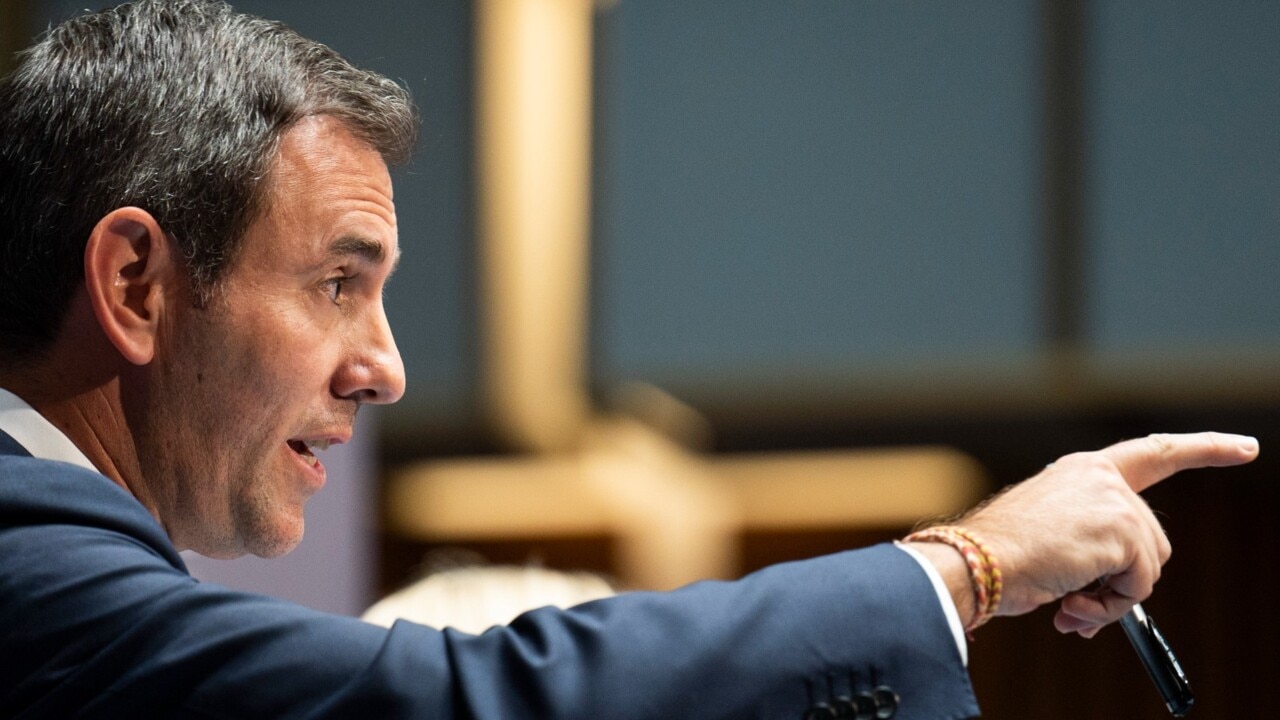
Most minimum-wage jobs are in the private sector, in the retail and hospitality sectors. More than likely those businesses will pass on the extra cost burden of lifting wages in line with inflation via higher prices, and around we go.
There is no painless way out of the high inflation, high interest rates cycle we are in. Chasing higher cost of living with higher wages doesn’t solve the problem. More likely it will exacerbate it.
And it’s low and middle-income earners who are worst hit in an economic environment such as the one we are about to face. Changing that requires major reforms for the future, not short-term sugar hits that come and go when the problem of an economy not fit for purpose remains. Recognising this doesn’t mean you lack sympathy for the plight of the “working poor”, as Peter Dutton put it in his budget reply speech. It just makes you a realist.
I would be more forgiving of the government’s desire to chase rising prices with a matched increase in the minimum wage if it was honest about the way it’s likely to make life more difficult for the middle class. If ministers said they were choosing to make life a little harder for the middle class to make it a little easier for those on low working wages or on welfare, their strategy at least could be congratulated for its honesty. Instead they want you to believe they can stimulate the economy with targeted spending or wage rises without implications for inflation and interest rates. It’s utter garbage.
The thing about not having the courage to embrace major economic reforms, namely in the areas of tax and spending, is that it means a government also can’t meaningfully address wealth inequality. Wholesale tax reform can include new and inventive ways of taxing the asset-rich, for example. It can include better government spending for the working poor and those on welfare. A government prepared to reform the economy also can do more to help constituencies it feels ideologically compelled to support.
Labor MP Daniel Mulino investigates some of the ways the system could be meaningfully restructured in his book Safety Net: The Future of Welfare in Australia. It was published last year.
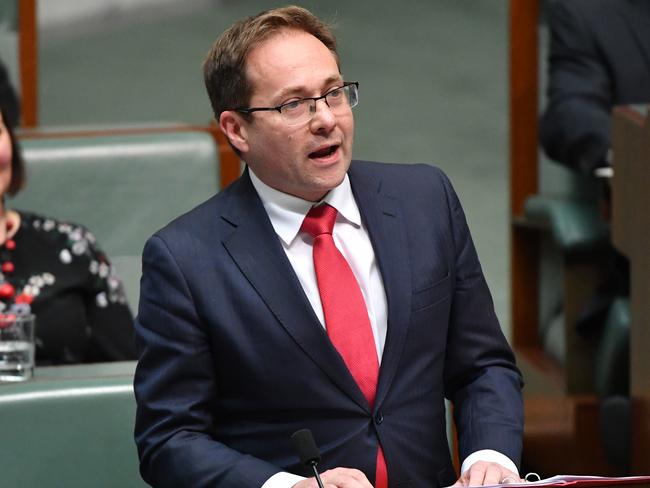
I doubt anyone on the ERC has even bothered to read it. (I don’t doubt they have it on their bookshelves, and even may have flicked through a few pages; I mean actually read it.) The book was endorsed by Ross Garnaut with a foreword by Bill Kelty. Both men were instrumental players in the reforms of the 1980s.
Kelty’s foreword wasn’t some one-page congrats to the author. It reads like a chapter seriously engaged with the book’s ideas, in particular the ways in which investments in welfare, via education, for example, can be targeted to enhance future prosperity. Mulino, left to languish on the backbench, has a PhD in economics from Yale University.
Instead of embarking on necessary reforms – including to the way in which we provide welfare in this country – the budget simply relies on rising immigration (despite the strain it puts on infrastructure), rising commodity prices (which are volatile) and bracket creep to sustain itself.
But it isn’t sustainable without reforms. And rather than giving Australians back the extra taxes that bracket creep, in an era of high inflation, takes away, the government wants businesses to bear the burden of higher wages.
What happens when the economy slows down, as is predicted to happen, a slowdown built into the budget’s forward estimates? Slowing the economy is the strategic purpose of rising interest rates, as the monetary means of fighting inflation. This week’s unemployment numbers rose higher than anticipated.
A slowdown in the economy will eat into the profits of businesses, forcing them to cut costs. Anyone with an ounce of understanding of how business works knows job cuts soon follow. Which are the sectors likely to be hit the hardest and first in an economic slowdown? Retail and hospitality, of course. The sectors that will see the highest wage rises if the government gets its way. Putting those workers at even greater risk of losing their jobs, in a climate where it’s harder to get a new one.
Peter van Onselen is a professor of politics and public policy at the University of Western Australia and Griffith University.





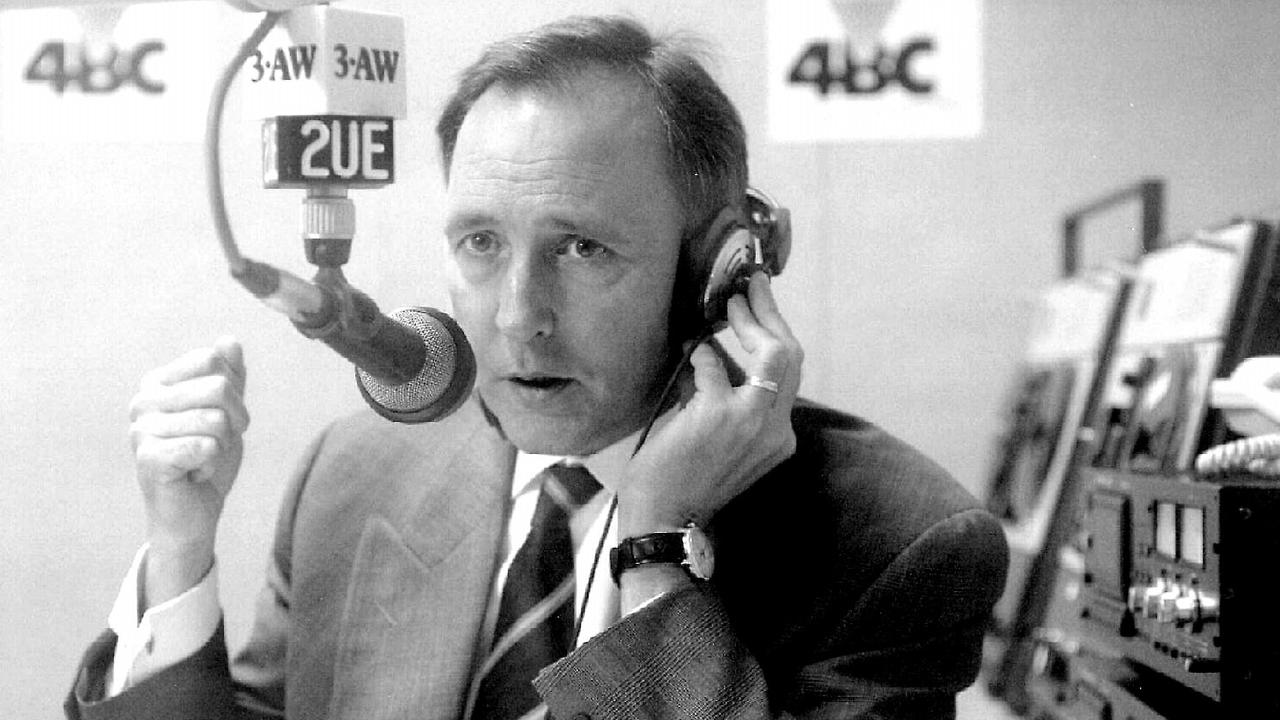
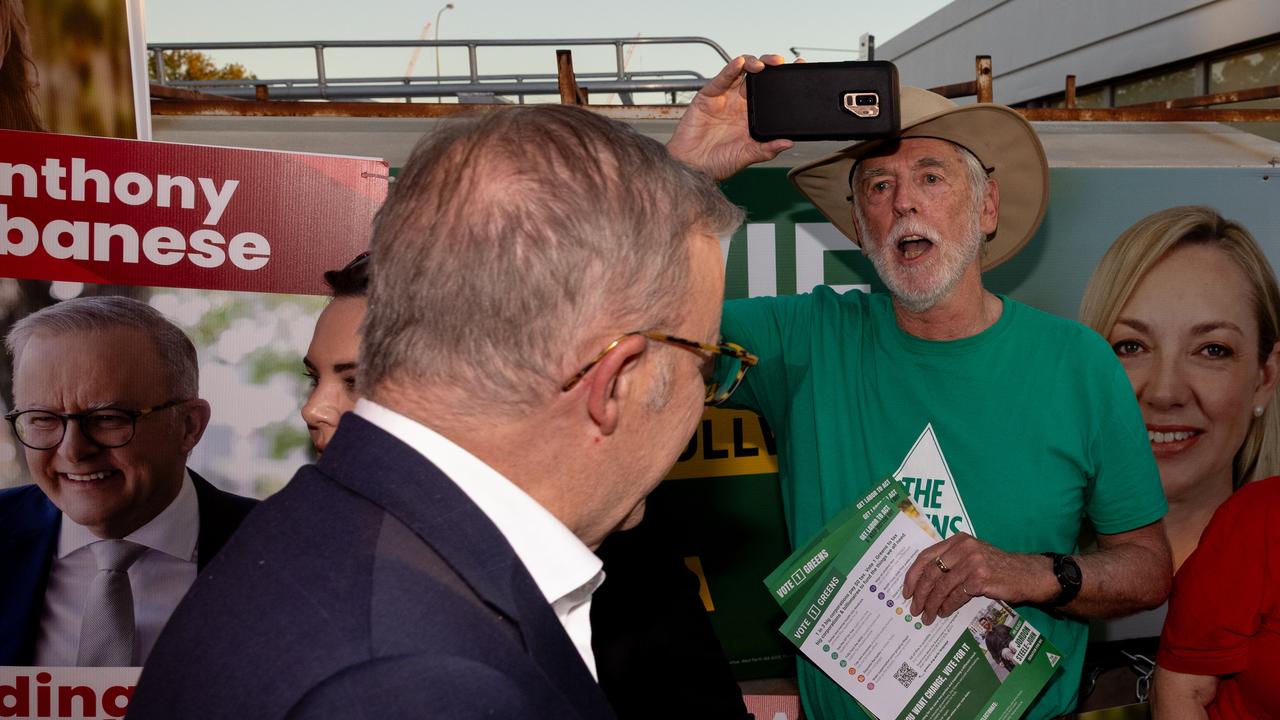
As the one year anniversary of Labor’s federal election victory ticks over this weekend, it’s not too early to declare the Albanese government lazy – economically speaking, anyway.